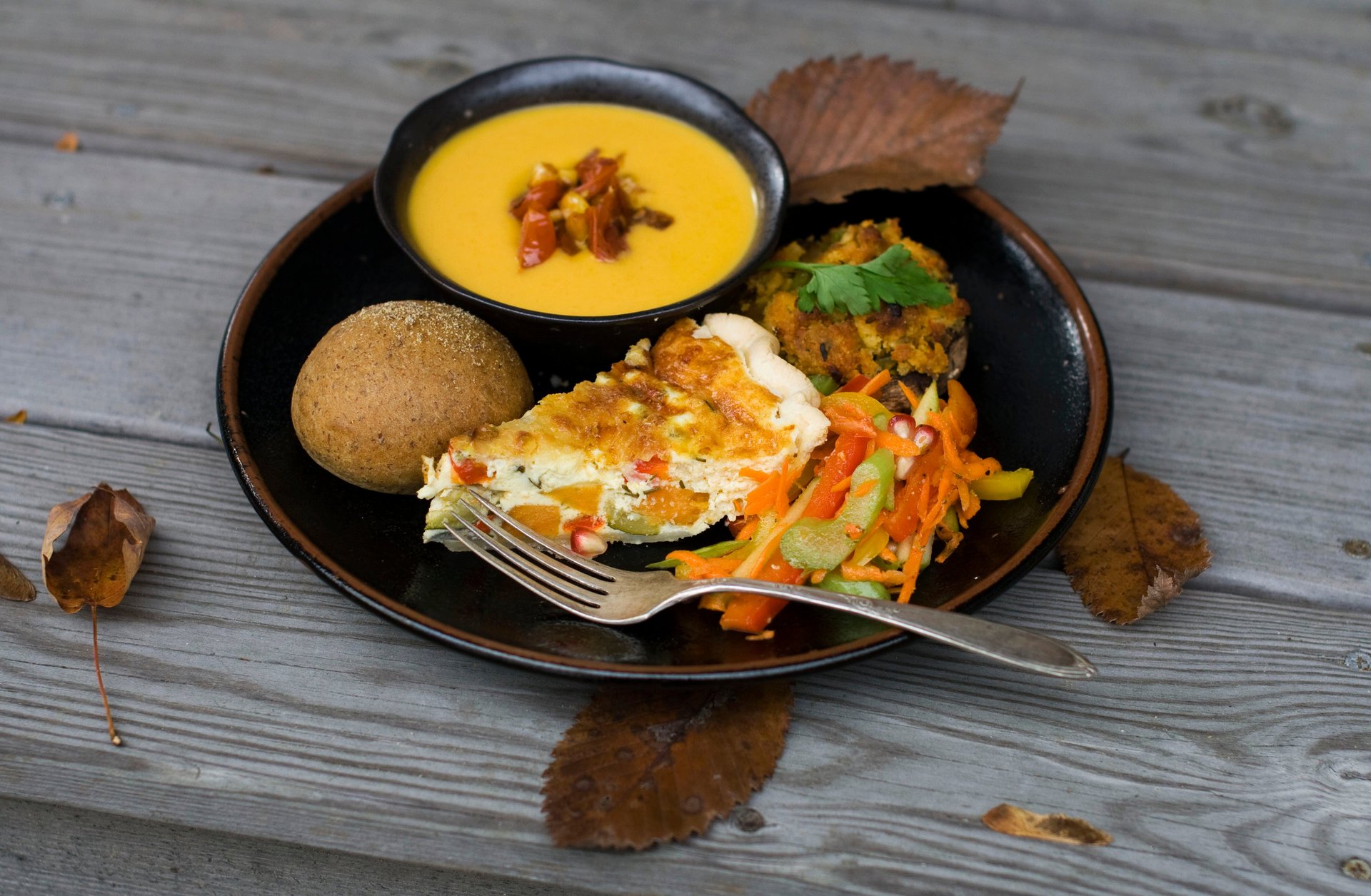The argument against keeping a food journal this holiday season
The holiday season revolves around rich meals, traditional foods and drinks, and the expectation is that we enjoy it all with some abandon. But as the media and advertising emphasize the preparation, presentation, and celebration of food, a parallel set of messages are concerned with telling us how to avoid or restrict it.


The holiday season revolves around rich meals, traditional foods and drinks, and the expectation is that we enjoy it all with some abandon. But as the media and advertising emphasize the preparation, presentation, and celebration of food, a parallel set of messages are concerned with telling us how to avoid or restrict it.
The onslaught of holiday cookie recipes and cocktail suggestions go to war with the endless stream of advice on eating mindfully: tips to use tiny plates, drink a gallon of water before a meal, or chew 30 times before swallowing.
Holidays are framed by diet companies and magazines as a “risky eating period“—something one must struggle to “survive” by avoiding weight gain. ”Holiday eating season is officially upon us” was the grim opening line of a workout app pitch a colleague received this week, written as if announcing a particularly dire flu season. The pitch described an iPhone app that tells you “how many calories are in your meal AND suggests an in-app workout to burn it off simply by snapping a picture.”
But there’s one tip that maintains an especially dreadful place in the hierarchy of neurotic holiday eating strategies: the advice to maintain a food journal. In an era of obsessive self-quantification, where diet company apps track every morsel of food that crosses our lips, food diaries seem like a no-brainer.
The truth is, for many of us, a food diary is unnecessary—and potentially harmful.
Sure, food-tracking may well be helpful under particular circumstances (for instance, if one needs to maintain a specific diet for a health condition, or to address a specific ailment). But tracking intake, calories, and exercise can cause a person to obsess over metrics in an unhealthy way; and nutritionists have noted that this kind of excessive quantification is frequently counterproductive.
And for many of us, maintaining a food journal is an easy a trigger for the neuroses that lie dormant in us. Writing down everything you eat is a sure-fire way to become preoccupied with your food intake, sometimes to a harmful degree. Rosie Spinks described in Quartzy her experience food journaling (at a nutritionist’s suggestion) while, she now suspects, she was struggling with orthorexia, an eating disorder where the fixation is on fitness and eating healthy foods: “It had the effect of taking someone who was already keeping mental track of everything I ate,” she wrote, “and solidifying the habit to me writing it down, which only made me obsess about food even more.”
Ultimately, this is a fixation that many of us are primed for, given the food culture predominant in Western environments: one that maintains a long and ever-evolving tradition of diet culture and assigns moral value to food choices. It’s a culture of thin privilege, where the size of one’s body can actually translate to things like greater financial success. And all this is despite thinness being a flawed indicator of actual health.
The relationship between eating habits and success extends into popular culture, with a particular focus on women. As Noël Duan wrote for Quartzy last year, the published food journal, while it might seem like a harmlessly fascinating peek into a celebrity’s life, often ends up conveying a slew of dubious dieting tips such as eating gummy vitamins or drinking Diet Mountain Dew for breakfast.: “Here is a smart and successful woman, sharing her food diary, who seems to have it all figured it out—including how to maintain a perfect-yet-patriarchal prescription of thinness.”
In short, it’s worth approaching the food diary—and dieting advice in general—with a finely-tuned bullshit-detector, especially during the holidays, when it’s at its most omnipresent and absurd.